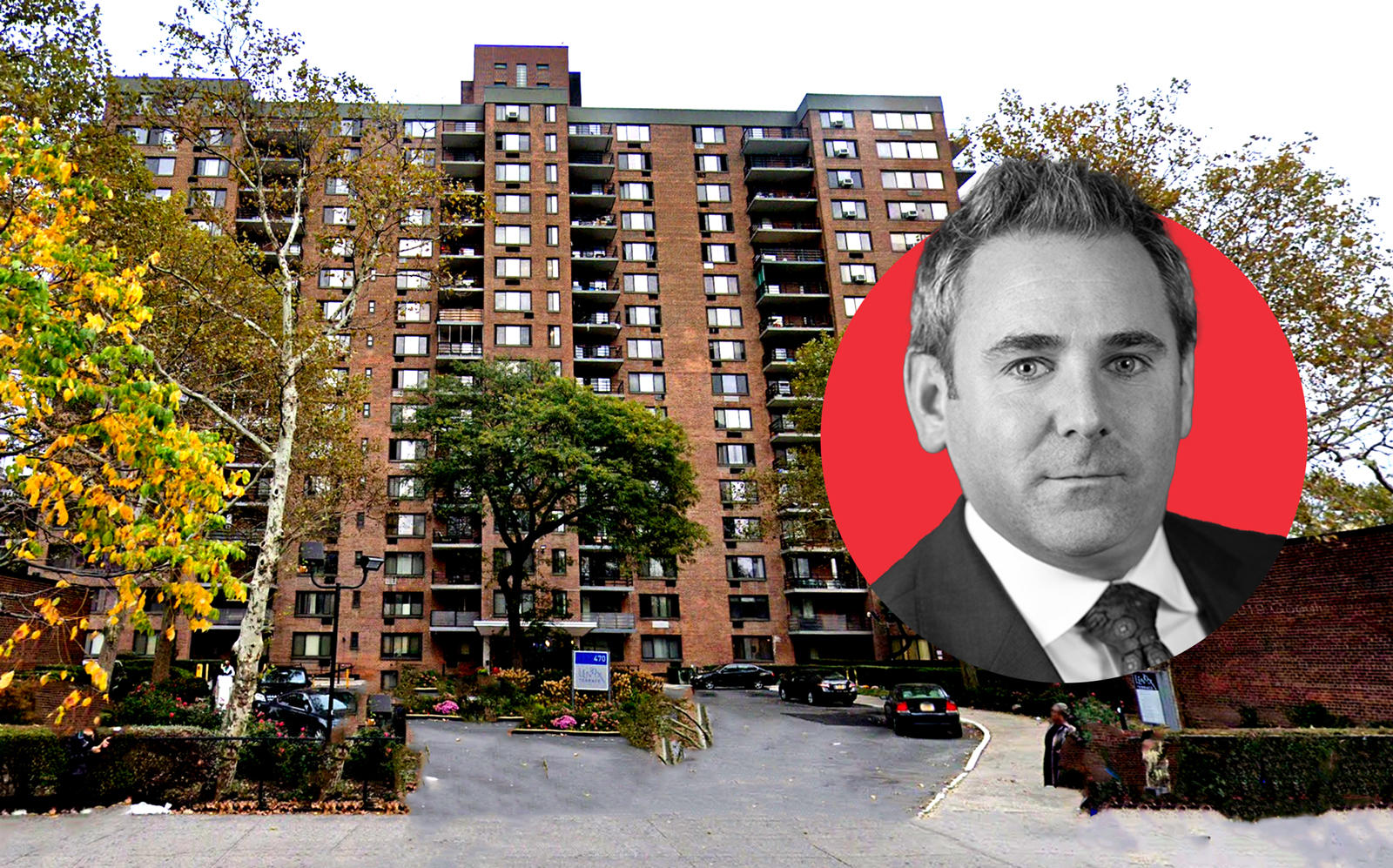 Harlem's Lenox Terrace owners accused of illegal rent deregulation
Harlem's Lenox Terrace owners accused of illegal rent deregulation
Trending
Olnick reaches $1.2M settlement with Lenox Terrace tenants in rent overcharge case
The class action lawsuit was filed in 2010

The owner of Lenox Terrace — a partnership led by the Olnick Organization — has agreed to pay nearly $1.2 million to tenants in order to settle decade-old claims that the landlord wrongfully deregulated apartments while receiving a tax break.
The landlord settled a class action lawsuit filed by tenants in 2010, which alleged that apartments in the six-building complex were wrongfully deregulated while the owner received a J-51 tax break, according to an order filed with the court on Saturday. An attorney for the tenants indicated that 400 current and former Lenox Terrace residents are impacted by the decision, receiving rent reductions as high as hundreds of dollars a month.
Read more
 Harlem's Lenox Terrace owners accused of illegal rent deregulation
Harlem's Lenox Terrace owners accused of illegal rent deregulation
 D-Day for landlords: High court hears rent overcharge cases
D-Day for landlords: High court hears rent overcharge cases
 This landlord’s legal win could give boost to other owners in overcharge cases
This landlord’s legal win could give boost to other owners in overcharge cases
The lawsuit is one of five class actions filed by the tenant law firm Himmelstein, McConnell, Gribben, Donoghue & Joseph in response to a New York Court of Appeals decision — Roberts v. Tishman Speyer Properties — that found that owners cannot deregulate rent-stabilized apartments while receiving J-51 tax benefits. That case, decided in 2009, launched a string of similar rent-overcharge cases.
“It’s a good thing that we filed our class action right after Roberts was decided and were able to recover most of the overcharges, get the apartments put back into rent-stabilization and get rents reduced,” David Hershey-Webb, an attorney for the Lenox Terrace tenants said in a statement.
Seth Schochet, president of the Olnick Organization, said the company is “pleased to have reached an agreement that amicably resolves all claims based on the clarification of the law and regulations offered by the court in the Roberts decision.”
Hershey-Webb noted that an April 2020 Court of Appeals decision — in the case of Regina Metro. Co., LLC v. New York State Division of Housing & Community Renewal — was a setback for tenants. In that case, the court found that the state’s new rent law could not be applied retroactively to rent overcharge cases.
“Many tenants, especially in light of Regina, will never be compensated, unless the State Legislature can repair the damage done by the court,” he said. The attorney later noted that Regina did not play a part in this settlement.
Hershey-Webb said the settlement agreement doesn’t explicitly say that apartments can be deregulated once J-51 benefits expire, as did the settlement in Roberts, so the units at Lenox Terrace should remain stabilized.
Others have challenged the idea that apartments can be deregulated once the tax benefit expires. In March, tenants at Stuyvesant Town and Peter Cooper Village sued Blackstone to block the landlords from hiking rents once J-51 expired at the property.
Earlier this year, Olnick sought to rezone Lenox Terrace in order to expand the complex and add five new mixed-use buildings with approximately 1,600 residential units. The City Council rejected the proposal, leading the developer to put forward a smaller alternative project that would include four buildings with all market-rate units, leaving out the 400 affordable apartments planned as part of the original proposal.
Write to Kathryn Brenzel at kathryn@therealdeal.com.




